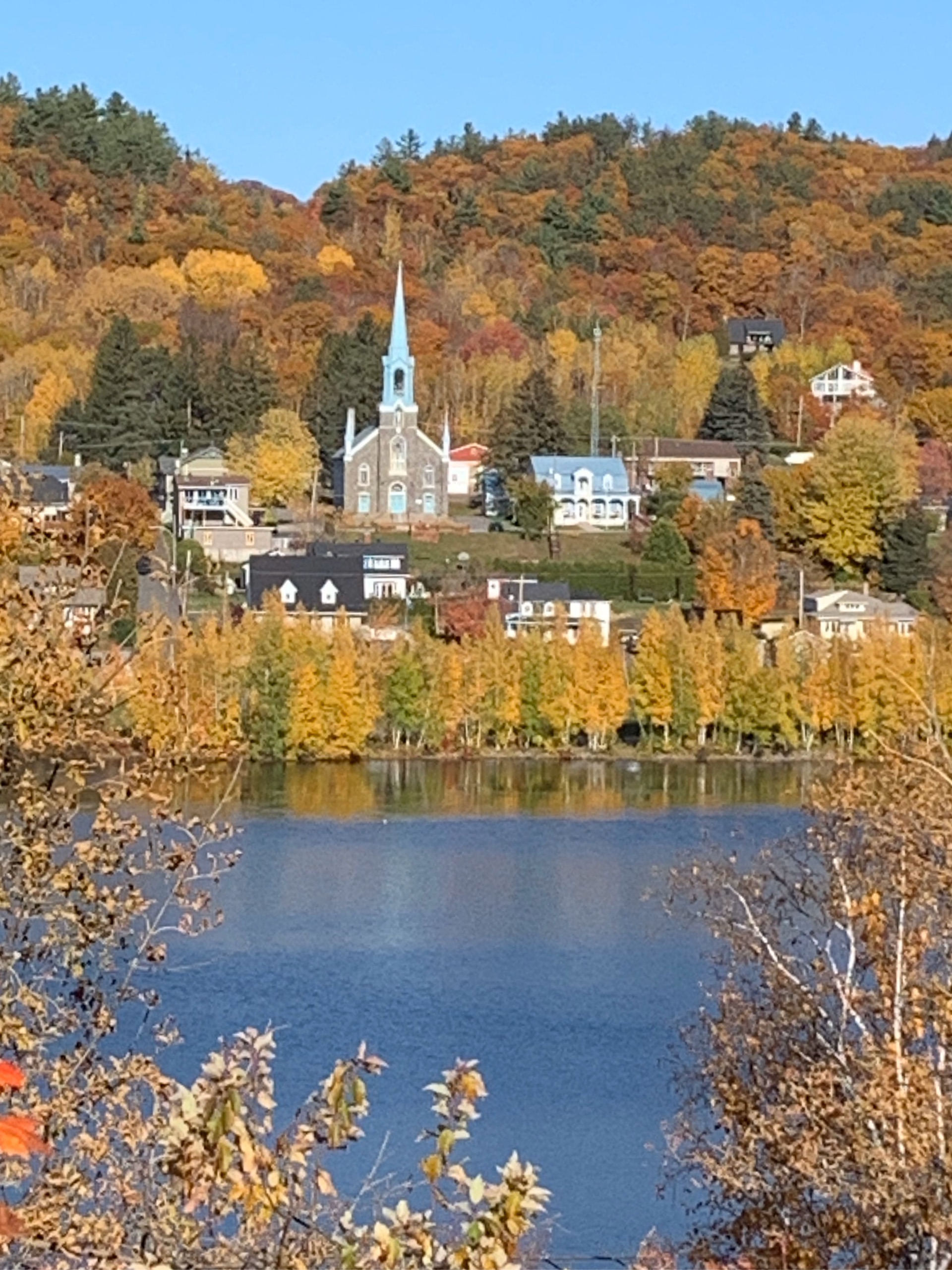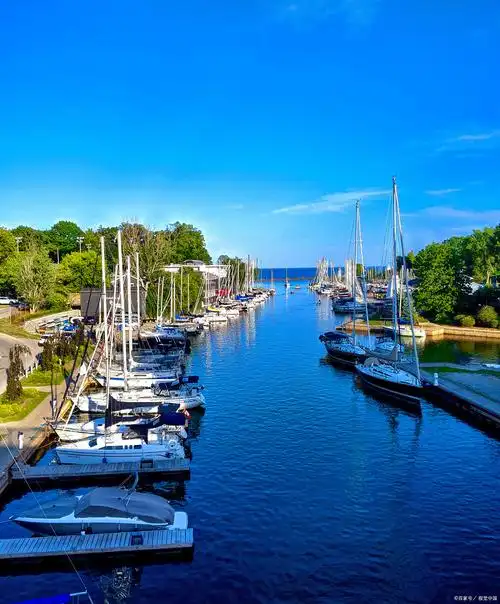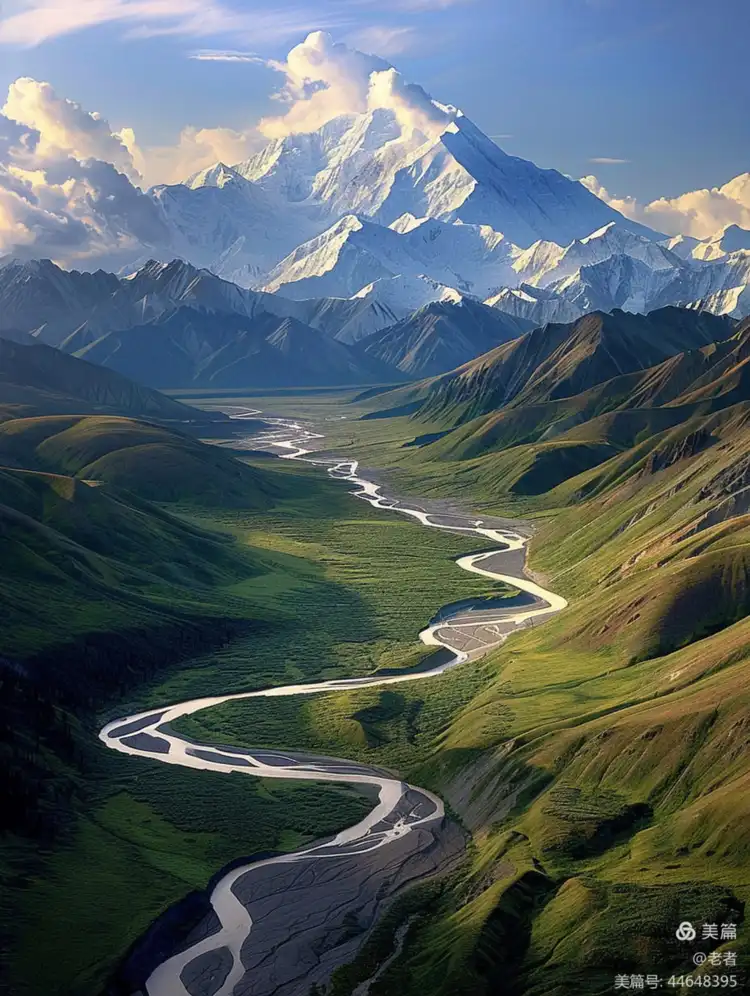Global Travel Information
Madikwe Game Reserve, South Africa
The Untamed Heart: Exploring Madikwe Game Reserve
Tucked away in South Africa’s North West province, brushing against the border of Botswana, lies a conservation masterpiece that defies the well-trodden safari narrative. Madikwe Game Reserve is not a place of ancient legacy or serendipitous discovery; it is a bold, visionary project, a testament to human resolve and nature’s profound resilience. Spanning over 75,000 hectares of sprawling plains, ancient volcanic hills, and dense riverine forests, Madikwe is a world meticulously reborn, offering an experience that is both raw and refined, wild and wonderfully intimate.
Unlike many of Africa’s famed parks, Madikwe’s origin story is one of deliberate creation. In the early 1990s, this vast tract of land was largely degraded farmland, offering little economic hope to local communities. The South African government, in a groundbreaking initiative known as "Operation Phoenix," embarked on one of the largest game translocation projects in the world. The land was meticulously restored, and over 10,000 animals of 28 species were reintroduced. This was not merely conservation; it was a breathtaking act of rewilding, of piecing together a complete ecosystem from the ground up. Today, Madikwe stands as a thriving, self-sustaining paradise, a powerful symbol of what can be achieved when vision is married to action.
The reserve’s magic is woven from its diverse landscapes. The rust-red soil, rich in iron oxide, provides a stunning contrast to the silvery-green of the acacia trees and the golden grasslands. The Tweedepoort Mountains form a dramatic backdrop, their rocky outcrops offering vantage points for predators and breathtaking views for visitors. The dry riverbeds, like the Groot Marico, are lifelines in the sandy earth, their courses traced by towering camelthorn and sycamore fig trees. This variety of biomes supports an incredible density and diversity of life, making every game drive a journey of discovery.
Madikwe is celebrated as one of the premier destinations in South Africa to witness the "Big 5" – lion, leopard, rhinoceros, elephant, and buffalo. But its allure extends far beyond this famous quintet. It is one of the few reserves where the highly endangered African wild dog, or painted wolf, thrives. Watching a pack of these agile, social predators coordinate a hunt is a rare and electrifying privilege. The reserve is also a stronghold for both the black and white rhinoceros, a critical sanctuary in the ongoing battle against poaching. Herds of elephant move with ponderous grace, their journeys dictating the rhythm of the bush, while Cape buffalo gather in formidable, dust-shrouded herds. The haunting call of the fish eagle over a waterhole, the nervous bark of an impala, and the silent, spotted form of a leopard draped over a marula branch are all part of Madikwe’s daily symphony.
The experience of exploring this wilderness is shaped by the exceptional guides and trackers who navigate it. Lodges in Madikwe are exclusively small, private, and luxurious, ensuring an intimate and uncrowded encounter with nature. Game drives in open-sided vehicles at dawn and dusk, when the animals are most active, are the centerpiece of any stay. The guides’ expertise transforms a simple sighting into a fascinating story, reading the subtlest signs in the landscape – a disturbed patch of soil, a distant alarm call from a bird, the direction of the wind. For a truly immersive experience, guided bush walks are essential. On foot, the senses are heightened. You notice the intricate patterns on a beetle’s back, smell the wild basil crushed underfoot, and feel the immense, humbling silence of the wild, a reminder that you are a guest in this domain.
Beyond the thrills of the drive, Madikwe offers a profound cultural dimension. The success of the reserve is deeply intertwined with the surrounding communities. Conceived as a project for joint economic development, the reserve operates on a unique model where surrounding villages have a stake in the tourism ventures. Many of the expertly trained staff, from guides to lodge managers, hail from these local communities, infusing the guest experience with genuine warmth and firsthand knowledge. This model has turned poachers into protectors and provided sustainable livelihoods, making the preservation of the wild not just an ecological imperative but an economic one. This harmony between people and place is palpable and adds a layer of depth to a visit, knowing that your presence directly contributes to the well-being of both the landscape and its people.

As day surrenders to night, a new shift of creatures emerges, and the bushveld reveals another facet of its character. Night drives, with a spotlight piercing the inky blackness, unveil a secretive world: the shimmering eyes of a genet cat, the lumbering bulk of a porcupine, or the elusive aardvark. Back at the lodge, under a celestial tapestry of stars undimmed by city lights, the day’s adventures are relived over a gourmet dinner and the glow of a crackling fire. The sounds of the African night – the whoop of hyena, the resonant roar of a lion – are no longer distant echoes but a powerful, visceral soundtrack.
Madikwe Game Reserve is more than just a destination; it is a powerful lesson in hope. It proves that scars on the land can heal, that ecosystems can be resurrected, and that humans can play a positive, restorative role in the natural world. It is a place of immense beauty and thrilling encounters, but also of quiet contemplation. It reminds us of the raw, untamed pulse of the wild that still beats strongly, and of our fundamental need to connect with it. To visit Madikwe is to witness a miracle of modern conservation and to leave with a renewed sense of wonder for the intricate, beautiful, and resilient world we are so privileged to share.
相关文章
- Elbe River Guide: Top Scenic Spots to Visit in 2025
- Best Time to Visit Elbe River: Seasonal Tips for Travelers
- Elbe River Cruise Routes: From Hamburg to Dresden
- Elbe River Hiking Trails: Scenic Paths Along the Waterway
- Elbe River Length & Source: Key Geographic Facts
- Cities Along Elbe River: Must-See Destinations in Germany
- Elbe River Historical Significance: Key Events Through Time
- Elbe River Water Level Today: Real-Time Updates for Boaters
- Elbe River Cycling Routes: Explore by Bike This Year
- Elbe River Wildlife Watching: Where to Spot Birds & Animals
发表评论
评论列表
- 这篇文章还没有收到评论,赶紧来抢沙发吧~


